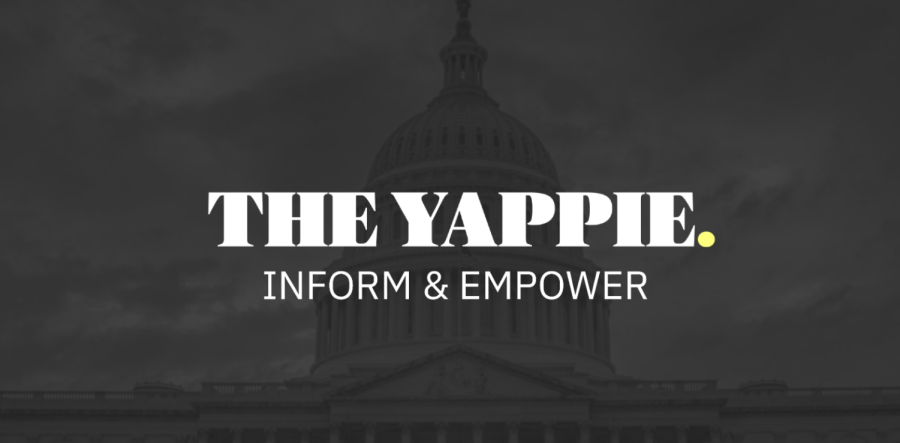The Yappie provides political news for AAPI communities, journalism experience for NU students
Photo Courtesy of Andrew Huang
The Yappie is an online publication and newsletter with over 2,000 subscribers. The publication is fiscally sponsored by the Asian American Journalists Association.
January 19, 2023
When he was a student at Harvard University, Andrew Huang co-wrote a weekly newsletter in 2018 on Asian American Pacific Islander politics with his friend from middle school, then-Rutgers University student Andrew Peng.
Huang would sit in his dorm room, conducting research for hours. Huang and Peng’s project has since evolved into The Yappie, an online publication and newsletter with over 2,000 subscribers. The publication is fiscally sponsored by the Asian American Journalists Association.
Several Northwestern students are currently involved with The Yappie, including Medill senior Dan Hu, the publication’s Executive Director.
Hu said AAPI communities’ voting rates, activism and members in political office are all increasing.
However, the AAPI community lacks adequate representation in the media, he said. Since many articles center on hate crimes perpetrated against AAPI people, it creates the narrative that they are victims, Hu said. He added that there is also misinformation about the community.
“We are the only publication dedicated to covering AAPI politics the way we do, and we get very deep into the details, because that’s what our audience wants,” Hu said.
The Yappie aims to cover the stories mainstream sources do not cover about AAPI people, he said.
Medill junior Hannah Jiang said she pitched a piece to an Illinois broadcast station on how AAPI women are disproportionately impacted by anti-abortion laws, but the pitch was turned down. Jiang said that an editor at the station told her that she didn’t address both sides of the abortion debate.
However, to Jiang, the story wasn’t about the abortion debate at all, so she took her piece to The Yappie instead.
“It was frustrating to hear (the editor say) that the focus of the story is just not right, like the Asian American voice should not be at the front and center,” Jiang said.
Huang, CEO at The Yappie, said the publication offers a unique perspective compared to other publications due to the young age of its writers.
Many writers and members of leadership at The Yappie are in college or have recently graduated. They also have a few on-staff high school students.
He added that young people have a political consciousness older generations may not have. Younger staffers are humble and willing to take on stories bigger publications might brush over, he said.
“There’s nothing really too small,” he said.
Medill Prof. Mei-Ling Hopgood said the next generation of journalists are shaping the future. These journalists will decide what stories merit coverage and which news products are developed, she said.
Hopgood teaches Jour 390: Covering Asian American Stories, Special Topics and will assign her class to read a piece that Hu worked on about a San Francisco school board election.
The Yappie is a novel outlet, Hopgood said. While there are local publications that cover AAPI news, including NBC Asian America, she said The Yappie fills a niche as a specialized media source.
“When a story might not have much coverage or thought for a more generalized audience, The Yappie can really focus for a particular audience,” she said.
The publication won $75,000 this past fall in the 2022 Gold Futures Challenge, a philanthropic competition for AAPI causes.
The Yappie wants to use the money to focus on growing their audience, Huang said. While many political operatives in Washington, D.C., currently subscribe to the newsletter, he hopes more young people become aware of their work as well.
He said he sees his work as a “higher calling.”
“I believe that Asian Americans and (Pacific Islanders), Native Hawaiians, deserve a real political voice,” Huang said.
Clarification: This story has been updated to better reflect what Andrew Huang intended to say about AAPI communities.
Email: [email protected]
Related stories:
— D65 celebrates Asian American and Pacific Islander Heritage Month


